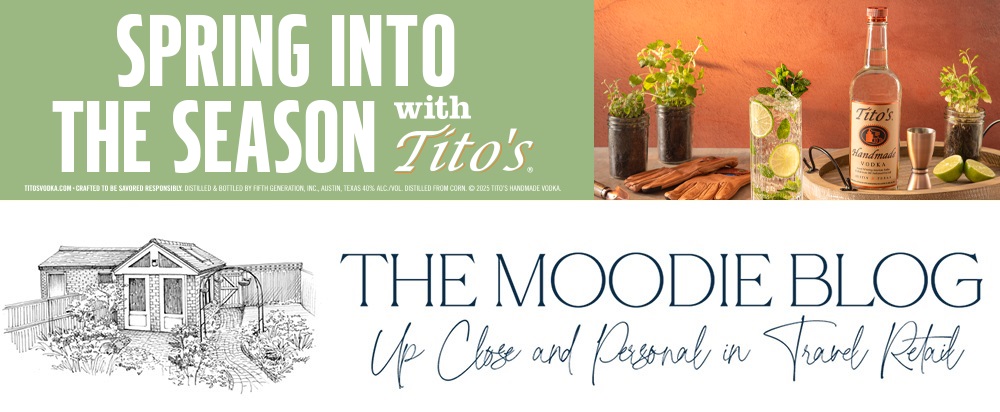Latest posts by Martin Moodie (see all)

“I definitely love the center lane. I always ended up in the center lane at competitions, which you do when you’re the fastest. So I feel at home, like it’s my lane.”
With those words, set against the soft accompaniment of an original piano score and the sight of Japanese swimmer Rikako Ikee (the narrator) walking out alone to an empty pool, a new film called The Center Lane begins.
The Center Lane is no ordinary film and Rikako Ikee is certainly no ordinary swimmer. Not just because of her immense talent – in 2018 she became the first swimmer to win six gold medals at a single Asian Games and was named the Most Valued Player of the tournament, a first for a female athlete – but because of what she has endured, challenged and overcome since those triumphs.
In just over five powerful and poignant minutes, The Center Lane captures that story.
As revealed on The Moodie Davitt Report website, The Center Lane is the first of eight from SK-II’s newly created film studio division and content hub, SK-II Studio, a concept inspired by the brand’s purpose –#CHANGEDESTINY – as the world begins to emerges from the pain and trauma of the pandemic.
SK-II Studio is dedicated to tackling social pressures impacting women through the power of film and storytelling. The Center Lane does that through the sublimely nuanced film-making of award-winning Japanese film director Hirokazu Kore-eda and the understated, stark and searingly confessional words of Ms Ikee.

And so to her toughest foe, one that she has stared in the face but which continues to confront and even haunt her. In February 2019, just five months after the Asian Games in Indonesia, Rikako Ikee was diagnosed with leukemia, a cancer that affects the blood and bone marrow. As a result, she had to undergo months of chemotherapy, a treatment that among other side effects, caused her to lose her hair.
Her subsequent recovery and heroic return to swimming – she is now in with a realistic chance of making the Tokyo Olympics this summer – lies at the heart of this film. And while that story is ultimately uplifting, it is not all light. As any cancer survivor knows – and I speak with some experience – there are many dark moments along the way, much torment and constant self-doubt.
I read someone the other day (who had never experienced cancer) refer glibly to what he thought must be the ‘mental euphoria’ of survival. I can tell him that there is no euphoria at all. Not a jot. Never. Relief is as good as it gets and even that is always clouded by thoughts of ‘What if it returns?’ And yet you strive constantly to resist looking back. For it is too dark a place.
The Center Lane uses a mix of live documentary and beautifully counter-pointed animation to reveal Ms Ikee’s inner thoughts as she trains for her competitive comeback. The following words particularly resonated with me. “Before I became sick, being an athlete was all I knew. I took for granted that I could swim freely in a pool and live the life I wanted. All I thought about was getting stronger. And now there’s a second Rikako Ikee – the leukemia survivor. I’m now capable of empathising with so many people. The very fact that I’m alive is in itself an immense experience.”
The film concludes on a spellbinding note as Ms Ikee returns at night to the center lane, the darkened pool lit only by a single light at the other end. Then she dives into the water, swimming through darkness towards light. It is both symbolic and beautiful.
“I believe that taking just one action or having one thought that’s out of the ordinary can easily change your destiny,” she says. “That’s why I think it’s important for me and for everybody to think about how you want to live in this moment. And how you’re going to make it count. Destiny is not a matter of chance. It’s a choice.”
I urge you to take five minutes out of your too-busy life and watch The Center Lane. You will indeed understand better the pressures facing women in an often inequitable world. But I suspect, like me, you will also reflect on your own destiny and how you can shape it.



You must be logged in to post a comment.